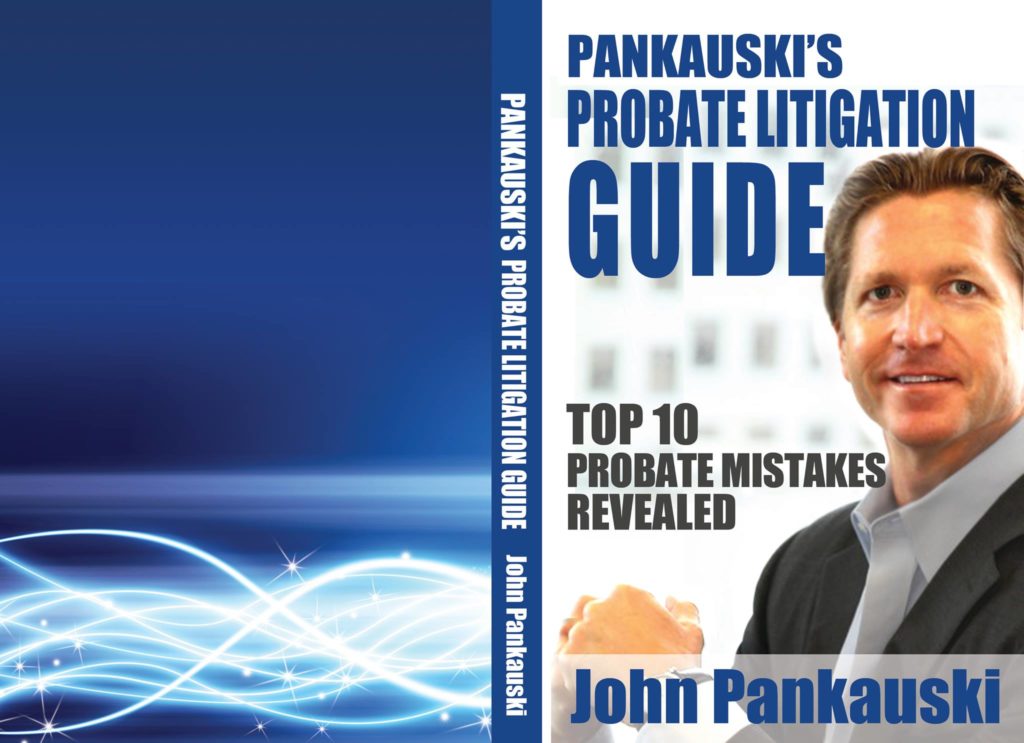Florida Trust Lawsuits and Attorney Client Privilege

What is attorney client privilege? What does attorney- client privilege have to do with a Florida trust lawsuit? A trustee may have a different “privilege” than the “executor” of the trust creator’s estate. What should I know about ACP if I am involved in a Florida Trust Lawsuit? Can the other side request documents directly from my Florida trust lawyer? Can a Florida trial court compel my probate law firm to disclose records of a trust or estate? These are all issues which John Pankauski and his team of trust experts deal with each week.

Attorney Client Privilege and Estate Planning Files
Disputes regarding this matter may occur during a Florida trust or probate lawsuit. This is because, during inheritance litigation, trust beneficiaries, and other party’s to the lawsuit, usually have their Florida lawyer conduct extensive discovery. To read about serving as trustee of a Family Trust, consider this. Pankauski wrote the book on it. Pankauski’s Trustee’s Guide: 10 Steps to Family Trustee Excellence.
During discovery, a party to a trust lawsuit may request the disclosure of financial documents. Or your mom or dad’s estate planning file. After all, don’t you want to see what they were talking to people about ? And you probably want to see notes on their estate plan. A party may also try to request other documents from the law firm that represents the trustee or opposing party. This may include email communications, internal notes about the case, etc. Can a Florida law firm just hand over documents to the other side without the consent of his or her client?
Florida Statute 90.502
To read the entire TRUST CODE, click THIS LINK. To read the Florida Evidence Code, CLICK HERE. One of the most important set of documents in a Trust Contest is the estate planning file. What? The file for the lawyer who wrote the trust. Attorney-Client Privilege can prove to be a very valuable privilege during litigation. It can protect you from having to disclose certain confidential information. It is important that you become familiar with your rights regarding this important client matter and evidentiary rule.
In addition, you should read Florida Statute 90.502. This is the Florida statute that attorney-client privilege is governed by. Per the statute, as a client, you have “a privilege to refuse to disclose, and to prevent any other person from disclosing, the contents of confidential communications when such other person learned of the communications because they were made in the rendition of legal services to the client.”
It is important to keep in mind that there are exceptions, which are also described in Florida Statute 90.502.
If you are the trustee of a Palm Beach trust, or involved in a probate dispute, you may also want to consider reading Florida Statute 90.5021. This statute extends this layer of confidentiality to protect Florida lawyers and clients acting as trustees, personal representatives, or other fiduciaries.
Recent Florida Cases
Hett v. Barron-Lunde, a January 22, 2020 Second DCA opinion, is a good example of a Florida trust lawsuit involving a dispute over this privilege. Here, a trustee seeks certiorari review of a discovery order compelling the disclosure of personal financial information, nonparty trust records, and attorney-client privileged information.
In regards to the attorney-client privileged information, the trustee specifically challenges the trial court’s order compelling the disclosure of records in the possession of her attorneys retained to set up the Trust.
Here, the beneficiaries served a subpoena for the trust records directly on the trustee’s attorney , rather than on the trustee herself. The trust was a nonparty in the lawsuit. Should the trial court have issued the order compelling the trustee’s attorneys to disclose the trust documents?
The appellate court explained that a ” party who seeks third-party financial records and records of a nonparty maintained by an attorney bears the burden of proof and must show need for the discovery outweighs the privacy rights of the third party.” This requirement is to prevent irreparable harm that could occur if irrelevant, yet confidential, information is disclosed.
The trial court in this Florida trust lawsuit did not implement any safeguards. Particularly, no in camera inspection took place to determine whether attorney-client privilege applied. Furthermore, the trial court did not address the privilege issue raised by the trustee, and failed to address the objection made by the trustee’s attorneys regarding the nonexistence of a waiver of consent and attorney-client privilege.
It was clear that the trustee asserted her privilege under Florida Statute 90.502 to prevent the disclosure of confidential communications with her attorneys when she raised the issue to the trial court and when her attorneys also raised an objection. The Second DCA found that it was an error for the trial court to compel the disclosure of the records.